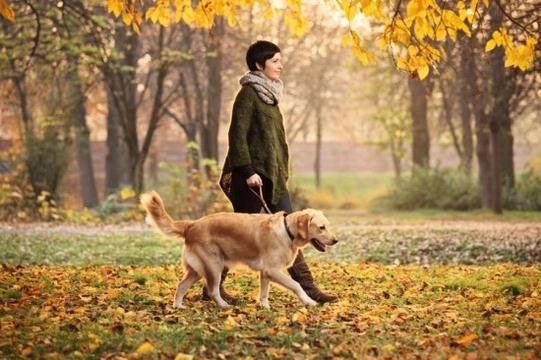
Environmentally friendly pet care - Making greener choices
Caring for the environment and minimising the effects of our modern lifestyles upon the natural world is something which most of us want to contribute to. We generally try our best to recycle wherever possible, reduce our carbon footprints and do what we can to support sustainable development and make greener choices- but has it occurred to you that you can extend this to the way you care for your pet as well? Making a few small changes to the products you buy for your cat or dog, and the way you care for them, can make a big difference to the environment as a whole, and it doesn’t have to be difficult! Want to do your part? Read on for our top ten green pet care tips.
1. Spay or neuter
Unless you have a healthy pedigree dog and have made an informed decision to breed from them at some point in the future, there is no reason why you should not spay or neuter your healthy pet. Spaying and neutering is not only good for the environment, minimising the impact of unwanted cats and dogs upon pet shelters and the community, but can also have a range of positive health benefits for your pet. It’s the right decision.
2. Think about your pet’s waste
Every responsible dog owner knows to bag their dog pooh and dispose of it appropriately in dog waste bins, and this goes a long way towards protecting the soil and the general condition of your local area. But what about the bags you use to dispose of their waste in? Plastic bags go to landfill, and do not break down naturally in the environment. But you can now buy totally biodegradable dog waste bags that break down harmlessly and minimise their impact on the environment. Similarly, what kind of cat litter do you use? Wood pellets or paper cat litter will break down naturally in time, whereas artificial alternatives may hang around for generations to come. Can you pick a better alternative?
3. Feeding your pet
Can you feed your pet an organic diet? Plenty of pre-packaged complete dog and cat foods are organic, and support sustainable farming and the environment. Try to choose foods which don’t contain a lot of artificial additives, colorants or preservatives too.
4. Buy second hand
Buying second hand is not only a great way of minimising waste and repurposing goods that are still in good condition, but can also save you money. Be careful when buying second hand fabrics or bedding that they are thoroughly washed at a hot enough temperature to kill any bacteria or other nasties which might be lurking in the fabric, and thoroughly disinfect any bowls or plastic beds and furniture before use.
5. Cleaning and tidying
What do you wash your pet’s bedding with? What do you clean their bowls with? Use environmentally friendly detergents and washing powders to minimise the impact of he products which you flush or drain away on the water system and land.
6. Sustainable production
Support sustainable production and the living conditions of producers by buying Fair trade products; Fair trade products are available everywhere, although you may be more used to seeing the Fair trade logo on your coffee packets or chocolate bars! Pet bedding, leads, pet shampoo and much more are all available in natural, sustainably farmed materials, although you may have to look a little harder to find them!
7. Look for natural alternatives
Do you feed pre-packaged treats to your dog or cat? How about making your own, using locally farmed produce and fresh ingredients! This both supports local producers, and cuts down on packaging- plus, you know exactly what is going into the treats and snacks that you feed your dog or cat, and can make healthy choices for them.
8. Consider alternative remedies
If you feed supplements to your dog or cat, or they require medication or treatment from the vet, talk to your veterinarian about natural remedies and alternatives. These may not be indicated in all situations or for all animals, and you should never switch your pet’s medication or introduce a new supplement into their care regime without consulting your vet first, but with a wide range of complementary and alternative remedies available, you might find that a natural choice is the way to go.
9. Let your pet help you to get fit
Strange but true, many people who pay for a gym subscription or run on a treadmill still drive their car everywhere, when walking or jogging is a viable alternative. Think about the journeys you make in your car or on the bus- could you walk it instead? Take your dog with you, to provide them with some extra exercise and help with motivation- and reduce your carbon footprint too.
10. Keep it simple
Try to lower your consumption in general- does your dog really need three collars and leads in different colours, and several toys of the same type? It’s important to make sure that you have everything that you need, but do you really need that much? Dogs and cats are simple creatures, unlikely to be unimpressed by having pretty patterned food bowls and several different coloured beds! Think about what you really need to keep them happy and well, and avoid impulse buying and gimmicks.



